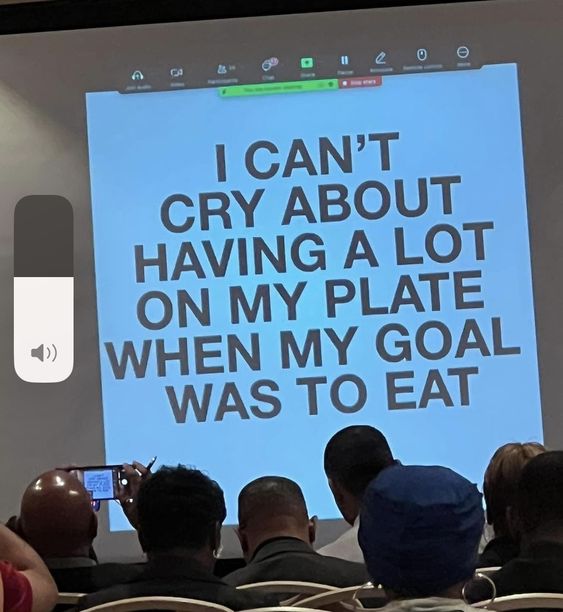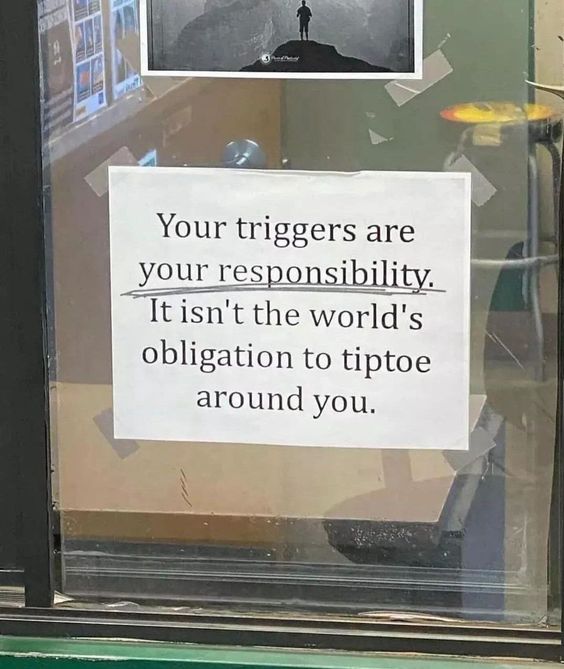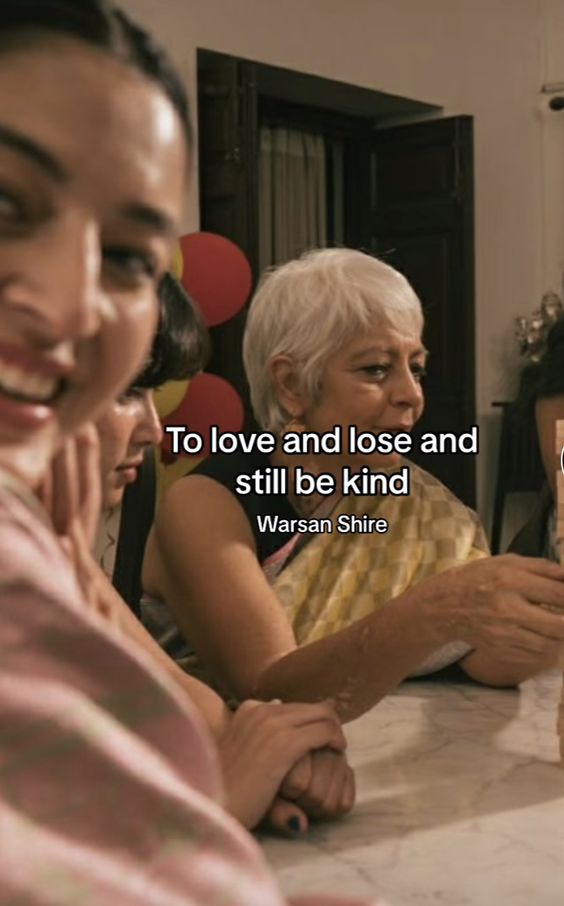“Meditation has nothing to do with time or place. Rather, it has something to do with you, your inner space. So whenever you are free of the day-to-day routine, relax and allow it to happen. It can happen any place, any time, because it is nontemporal and nonspatial.”
Osho, Everyday Osho (Page 281)
“It almost always happens that lovers become childlike—because love accepts you. It makes no demands on you. Love does not say, ‘Be this, be that.’ Love simply says, ‘Be yourself. You are good as you are. You are beautiful as you are.’ Love accepts you. Suddenly you start dropping your ideals, ‘shoulds,’ personalities. You drop your old skin, and again you become a child. Love makes people young.'”
Osho, Everyday Osho (Page 279)
“The storm may be powerful, but no storm is endless. Giving space to what you feel is always valuable because it is an essential part of healing and letting go, but if you let it take control then it will be too easy to fall into past patterns. Being with it is better than becoming it. There is a subtle space you should become more familiar with, the space where reclaiming your power is truly possible – the space where you can feel a fire burning within you without giving it more fuel.”
Yung Pueblo
“To reach the source, you have to swim against the current. Only trash swims downstream.”
Haruki Murakami, Novelist as a Vocation
What’s your goal?













